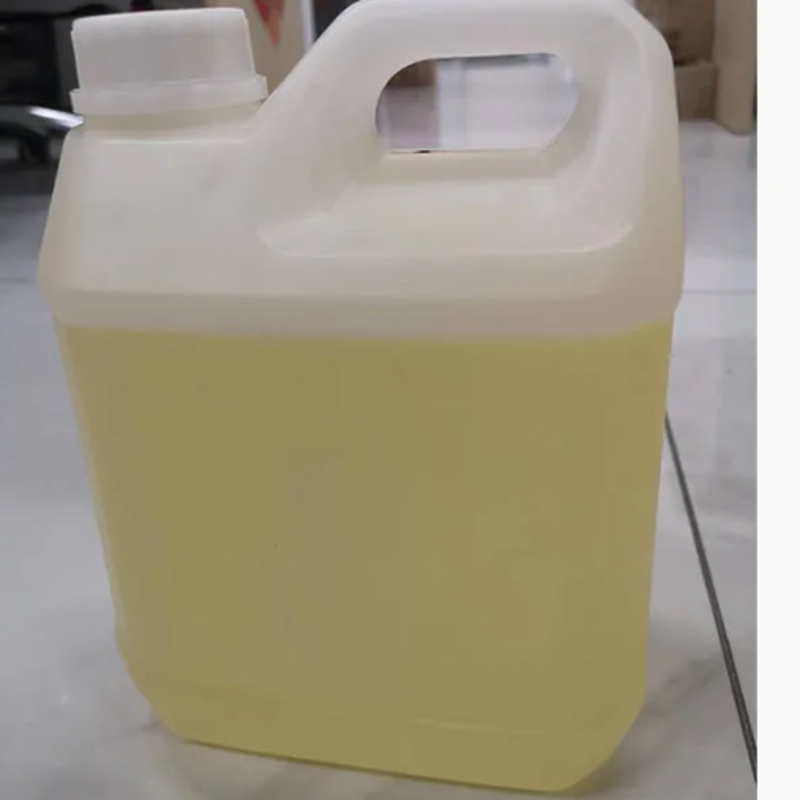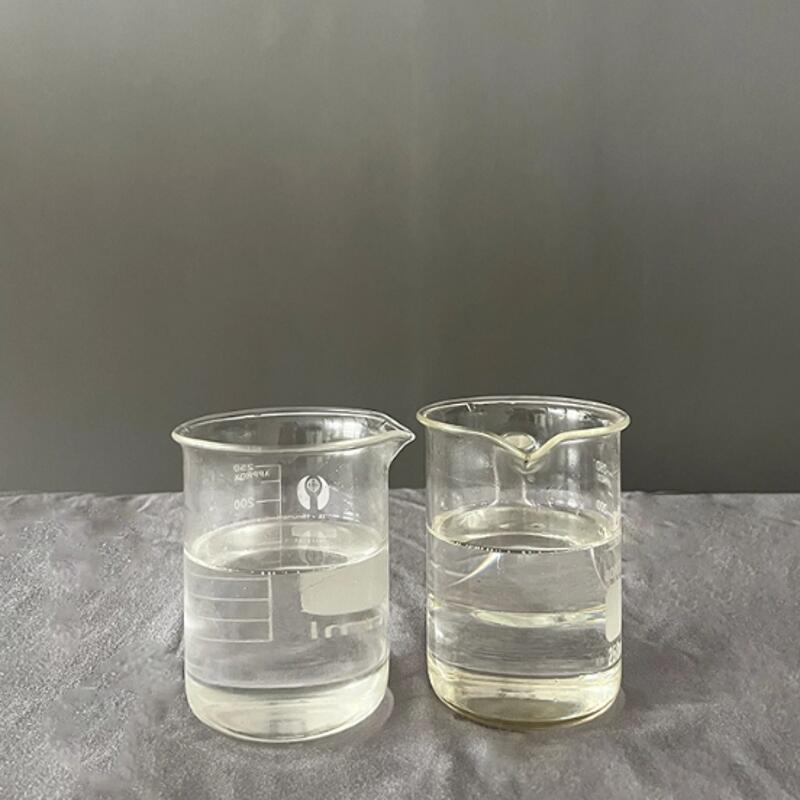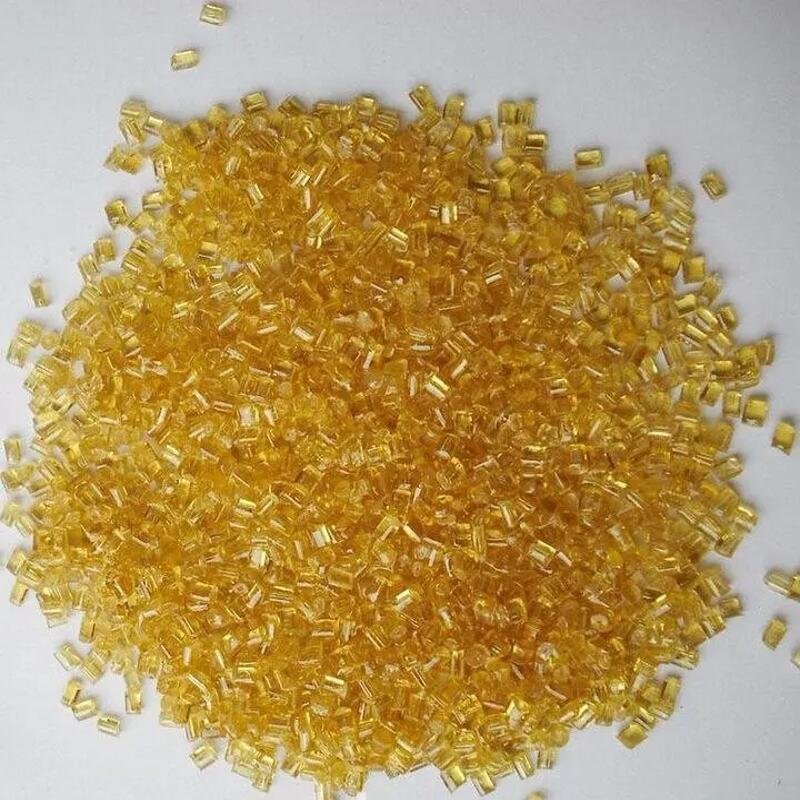-
Categories
-
Pharmaceutical Intermediates
-
Active Pharmaceutical Ingredients
-
Food Additives
- Industrial Coatings
- Agrochemicals
- Dyes and Pigments
- Surfactant
- Flavors and Fragrances
- Chemical Reagents
- Catalyst and Auxiliary
- Natural Products
- Inorganic Chemistry
-
Organic Chemistry
-
Biochemical Engineering
- Analytical Chemistry
-
Cosmetic Ingredient
- Water Treatment Chemical
-
Pharmaceutical Intermediates
Promotion
ECHEMI Mall
Wholesale
Weekly Price
Exhibition
News
-
Trade Service
Scientists at the University of Bath have created a sustainable polymer using xylose, the second most abundant sugar in nature
.
"We are delighted to be able to produce this sustainable material from an abundant natural resource, wood," said the researchers
.
Not only does this new material reduce the reliance on crude oil products, but its properties can also be easily controlled to make the material flexible or crystallized
.
Researchers from the University's Centre for Sustainable and Circular Technologies report that the polymer, from the polyether family, has a variety of applications, including as a building material for polyurethane, used in mattresses and shoe soles; as a biopolymer of polyethylene glycols.
Derivative alternatives, polyethylene glycol, a chemical widely used in biomedicine; polyethylene oxide, sometimes used as an electrolyte in batteries
.
By attaching other chemical groups, such as fluorescent probes or dyes, to sugar molecules, the team said, additional functionality can be added to this multifunctional polymer for biological or chemical sensing applications
.
The team can easily produce hundreds of grams of the material and expects production to scale up quickly
.
The polymer uses D-xylose, however researchers have shown that combining it with L-xylose makes the polymer stronger
.
The research team has filed a patent for their technology and plans to further scale up production and explore the application of the new material
.







